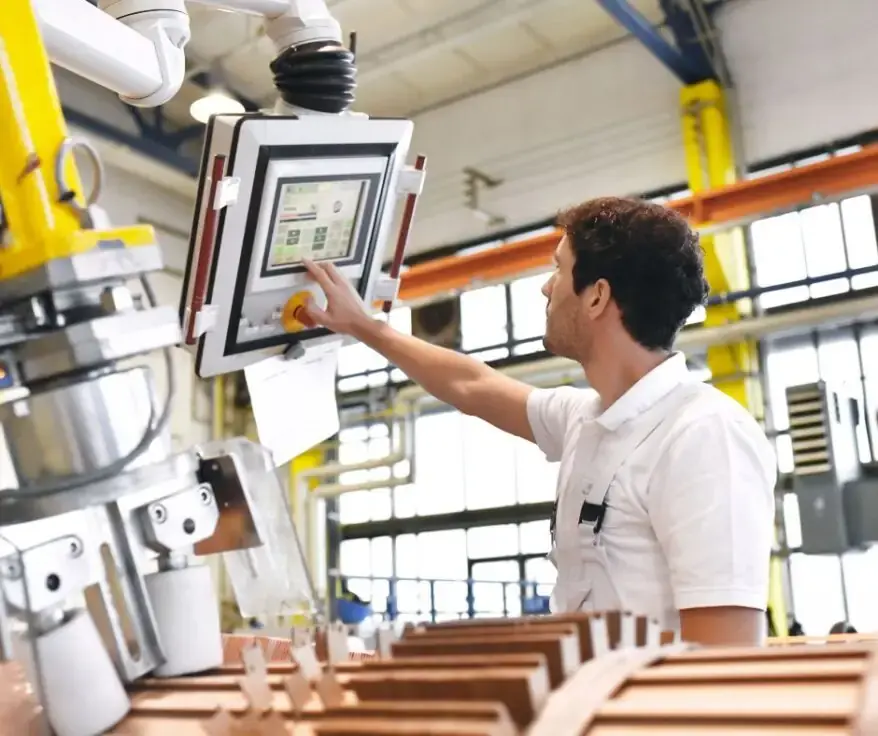Physics in Mechanical Engineering Explained Part II: Educational Opportunities
A 12th-grade student interested in Physics in Mechanical Engineering may find this the beginning of an exciting academic journey. Subjects like mechanics, thermodynamics, and materials science will become toolkits. Topics in 12th-grade physics prepare you for Physics in Mechanical Engineering. Some of these topics are.
- Mechanics
- Thermodynamics & Heat Transfer
- Fluid Mechanics
- Materials Science
- Kinetic Theory of Gases
- Nuclear Physics
Students aspiring to pursue mechanical engineering must thoroughly understand these essential physics topics. This foundational knowledge not only helps them grasp more complex concepts in their engineering classes but also strengthens their overall comprehension of mechanical principles. Moreover, these topics provide the necessary background that enables students to understand the fundamental principles behind mechanical systems.
Additionally, they cover crucial aspects such as the materials used to construct these systems and the energy required for their operation in mechanical engineering. Ultimately, physics in mechanical engineering is a broad and dynamic field that offers numerous opportunities across various industries, making a strong grasp of these physics concepts highly beneficial. Here are some potential career paths for mechanical engineers:
- Robotics, Automation, and Mechatronics
- Research, Design and Development, and Testing
- Energy and Power
- Manufacturing
- Automobile
- Automation and Control
Roadmap for Mechanical Engineering
Mechanical engineering is usually studied at universities and engineering schools or colleges. Students can enroll in undergraduate programs after qualifying examination, 12th-grade for most of the universities and colleges.

Undergraduate Program (Bachelor’s Degree): B. Tech. / B.E.
To get a job at the starting level, you need a bachelor’s degree in mechanical engineering or mechanical engineering technology that takes four years to complete.
As per ABET, a globally recognized body for accreditation of engineering programs, the curriculum for a Physics in mechanical engineering must include
- principles of engineering, basic science, and mathematics (including multivariate calculus and differential equations);
- applications of these topics to modeling, analysis, design, and realization of physical systems, components or processes;
- coverage of both thermal and mechanical systems; and
- in-depth coverage of either thermal or mechanical systems.
Students can verify the abet.org requirements vis-à-vis the program structure, faculty and facility offered by the institute in which they are seeking admission. It is also advisable to compare the program offered by the prospective institute with the model curriculum published by apex regulating body AICTE available on its official website
https://www.aicte-india.org/
Program Structure of Mechanical Engineering
Duration: 4 years.
Credits: Varies but often around 150-180 credits.
Assessment Methods: Assessments include in-semester and end-semester examinations, assignments, laboratory work, and projects.
Internships: Students often undertake internships during summer breaks in order to gain practical experience. Moreover, the entrance exams for undergraduate admission in mechanical engineering at reputed institutes are the Joint Entrance Examination Main (JEE Main) as well as the Joint Entrance Examination Advanced (JEE Advanced).
Furthermore, mechanical engineering is a broad field that requires a mix of both hard and soft skills. In particular, here are some of the critical skills needed for a mechanical engineer:
Skill needs in Mechanical Engineering
Technical Skills: Besides technical knowledge, mechanical engineers develop problem-solving and analytical skills that are applicable across various industries. They learn to use computer- aided design (CAD) software, simulation tools, and experimental techniques to bring their ideas to life and validate their solutions.
Engineering Design (CAD Tools): Proficiency in CAD software, such as AutoCAD and
SolidWorks, is fundamental to mechanical engineering. It allows engineers to create detailed 2D and 3D models of mechanical components and systems.
Thermodynamics: Understanding the principles of thermodynamics is crucial, especially when dealing with engines, power plants, and HVAC systems. It helps optimize efficiency and plays a vital role in heat transfer analysis.
Mechanical Analysis (FEA and CFD): Mechanical analysis skills are indispensable for
evaluating the structural integrity of components and systems. Finite Element
Analysis (FEA) enables engineers to simulate and analyze stress and strain distributions.
Soft skills
Soft Skills: Problem-solving, communication, and interpersonal skills are crucial. In addition to these abilities, having a strong foundation in core engineering principles—such as mechanics, materials science, and fluid dynamics—is equally essential.
In next issue (part III) we will explore contribution of Mechanical Engineer in various fields.
Additionally, to stay updated with the latest developments in STEM research, visit ENTECH Online. Basically, this is our digital magazine for science, technology, engineering, and mathematics. Furthermore, at ENTECH Online, you’ll find a wealth of information.







